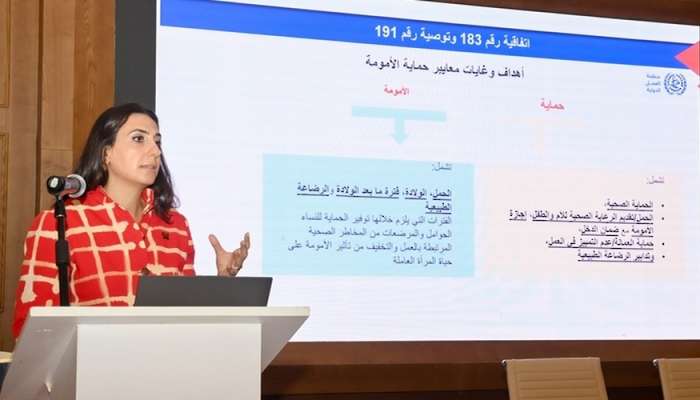
Muscat: The Ministry of Labour today hosted a workshop titled “Impact of Maternity Leave Legislation and Regulations on the Labour Market and Prospects for Development in the GCC States".
The workshop was held in Muscat in cooperation with the Executive Office of the GCC Council of Labour Ministers.
The workshop was in implementation of a decision issued at the 10th meeting of the GCC Labour Ministers, who assigned the Executive Office of the GCC Labour Ministers to hold a specialized workshop on the topic, in coordination with the GCC Secretariat General.
The workshop was aimed to exchange the GCC states’ experiences in implementing maternity leaves, to develop flexible work policies for supporting female workers and to provide recommendations on improving labour regulations related to women’s rights.
The workshop dealt with four main topics: Studying the impact of maternity leave on the turnover of female labour, compared to male labour, in addition to the factors that contribute to job instability; Analysing the causes of employers' reluctance to employ women (due to obligations related to maternity leave), as well as the impact of this attitude on competition and labour markets; Measuring the volume of ‘lost work’ and compensation for the same in establishments, and considering how to centrally align the disbursement of the compensation, and developing legislation and devising ways to bridge the gap in women's privileges in the public and private sectors.
The workshop looked into proposals to improve support for female workers' environment. It included presentations from the International Labour Organization (ILO) and the Doha International Family Institute.
The GCC Council of Labour Ministers’ Executive Office drafted a report about maternity leaves in GCC states. The report reviewed the GCC legislation in comparison with international agreements, notably Convention No. 183 on Maternity Protection.